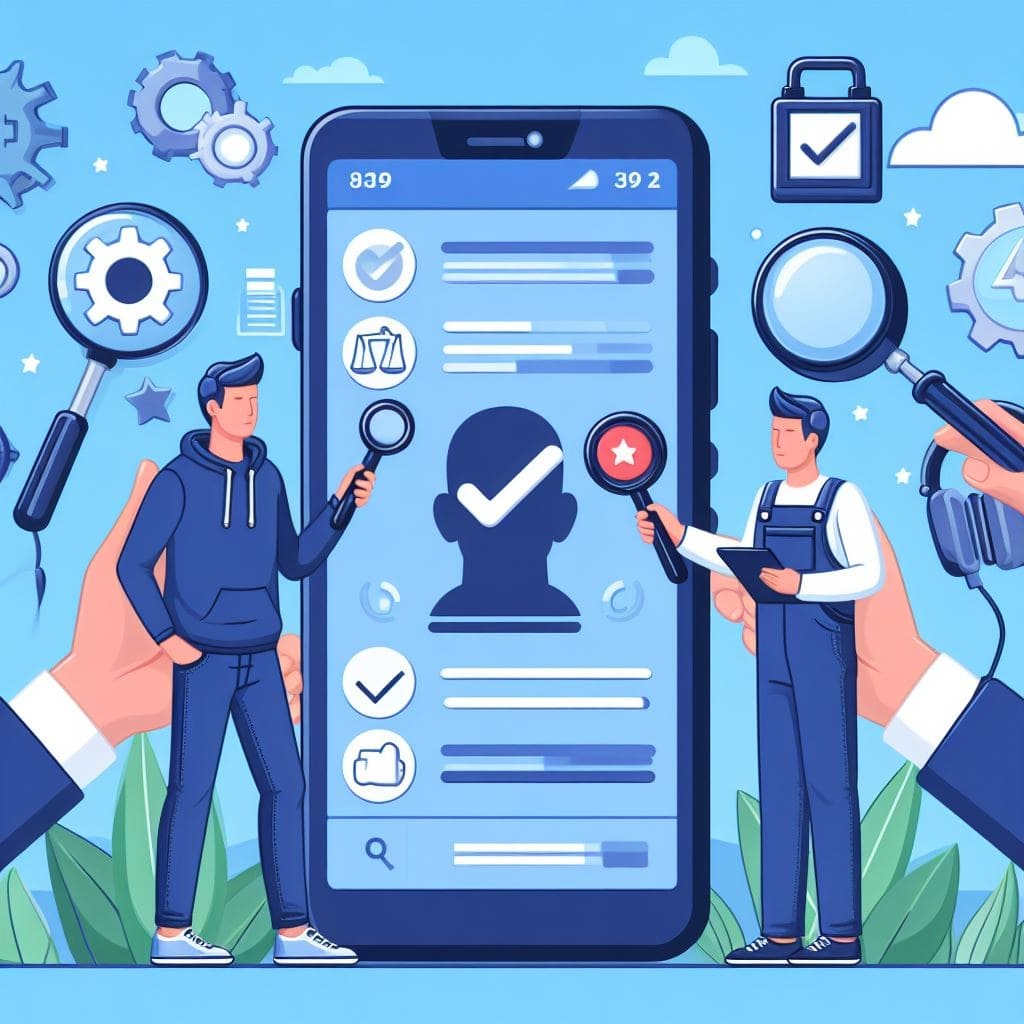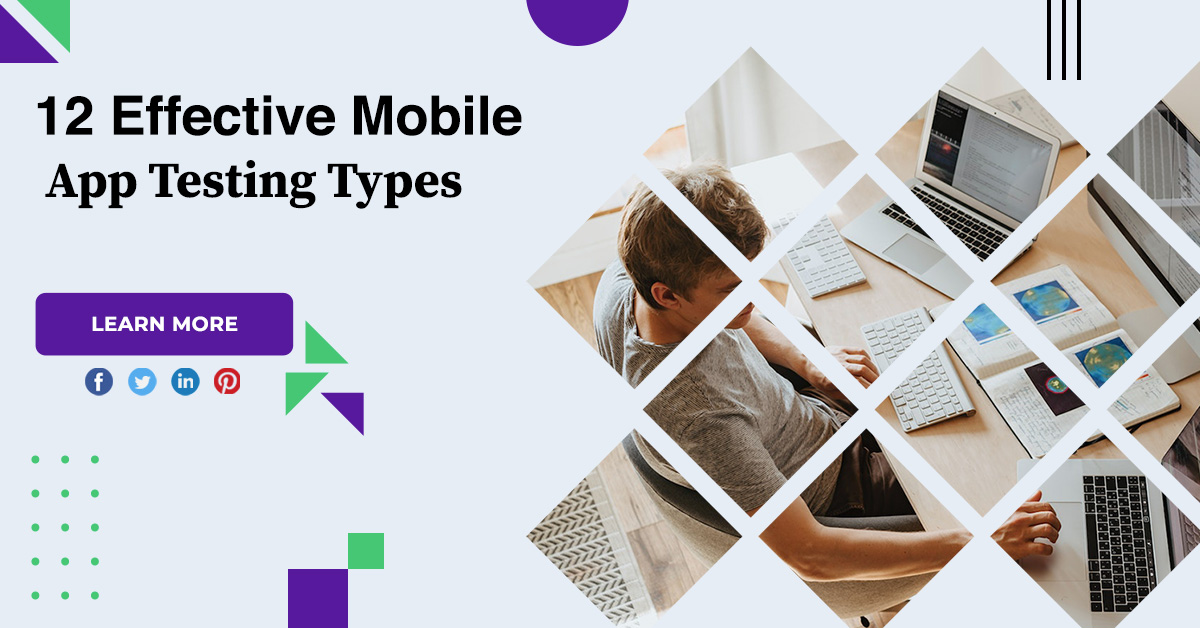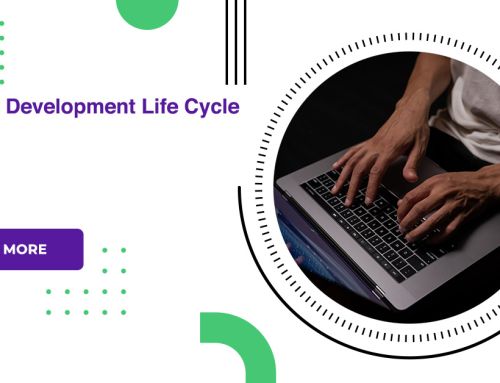12 Effective Mobile App Testing Types
The mobile phone has evolved substantially in terms of hardware and software. However, most of the hardware changes were the result of mobile apps. They grabbed smartphones beyond their value as communication devices. Currently, there are almost five million mobile applications and the number is increasing every day.
Mobile app testing types
-
Functional testing
Functional testing interacts with parts of the application’s user interface, the database layer, the network layer, and more, it is generally a time-consuming and sophisticated process.

It verifies the user-friendliness of your mobile application in terms of intuitiveness, navigation and usage. Identifying customer experience bugs is an example of mobile app usability testing that will help you deliver a satisfying experience to your end users.
-
Compatibility testing
This is the non-functional testing of mobile apps that verifies that your app can run smoothly on different operating systems, browsers, mobile devices, screen resolutions, network environments and hardware specifications.
-
Performance testing
Conducting native app testing or hybrid mobile app testing to ensure that the app performs at its peak under various circumstances such as different loads, mobile connections document sharing and battery consumption, etc.

-
Interface testing
It includes all aspects related to the user interface of the application such as menu options, buttons, tabs, history, settings and navigation flow.
-
Operational testing
It includes checking the operational readiness of a product, service or system before putting it into production. Reviewing backups, evaluating recovery time in case of data loss, and verifying the disaster recovery mechanism falls under operational testing.
-
Service testing
It helps you to know if your services are working properly both online and offline. So it should be part of your mobile app testing checklist. It is also one of the mobile application testing techniques that checks API functionality, reliability, performance and security.

One method of mobile app testing is checking whether your app’s data is secure under various device permissions. Mobile app vulnerability testing is also a part of security testing as it reveals vulnerabilities, threats and risks associated with a mobile app.
-
Installation testing
Verifies that the application installs or uninstalls correctly. It will also help you to know if the app updates are being applied properly or not. Mobile app testing companies can also verify that the installed app has the features listed in the document.
-
Storage testing
Checks if the application performs storage-related functionality well, which includes storing and retrieving data from storage, adding, updating or deleting data on the hard disk, etc. It also checks the behavior of the application in case of low or no storage.
The software must be able to recover data if it stops responding for any reason. This type of failure can be caused by a software bug, a network problem, or a hardware problem. These tests are intended to evaluate the application’s ability to recover from such problems.

-
End to end testing
End-to-end testing is a mechanism for determining whether the application flow works as intended from start to finish. End-to-end testing is used to detect system dependencies and to guarantee that the correct data is being sent through the various system modules.
Conclusion
Mobile app testing is an exciting task but sometimes it can become complex due to some advanced features added as per the need of new changing technology. Using such mobile testing tools in automation testing of mobile applications reduces the complexity and helps to make them faster and more flexible with the right ratio of security and robustness.









